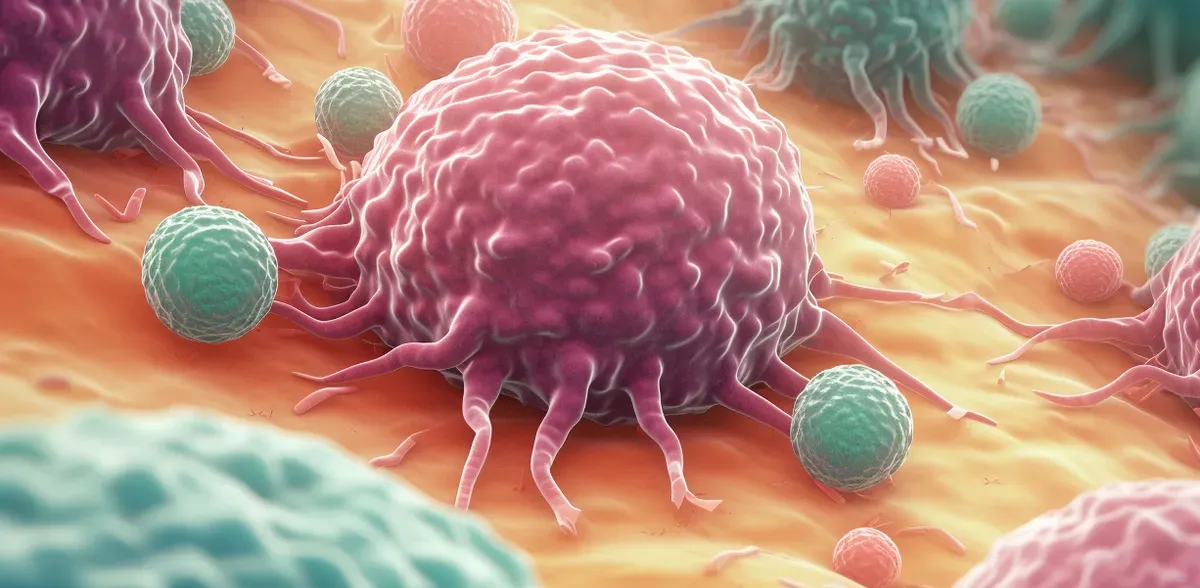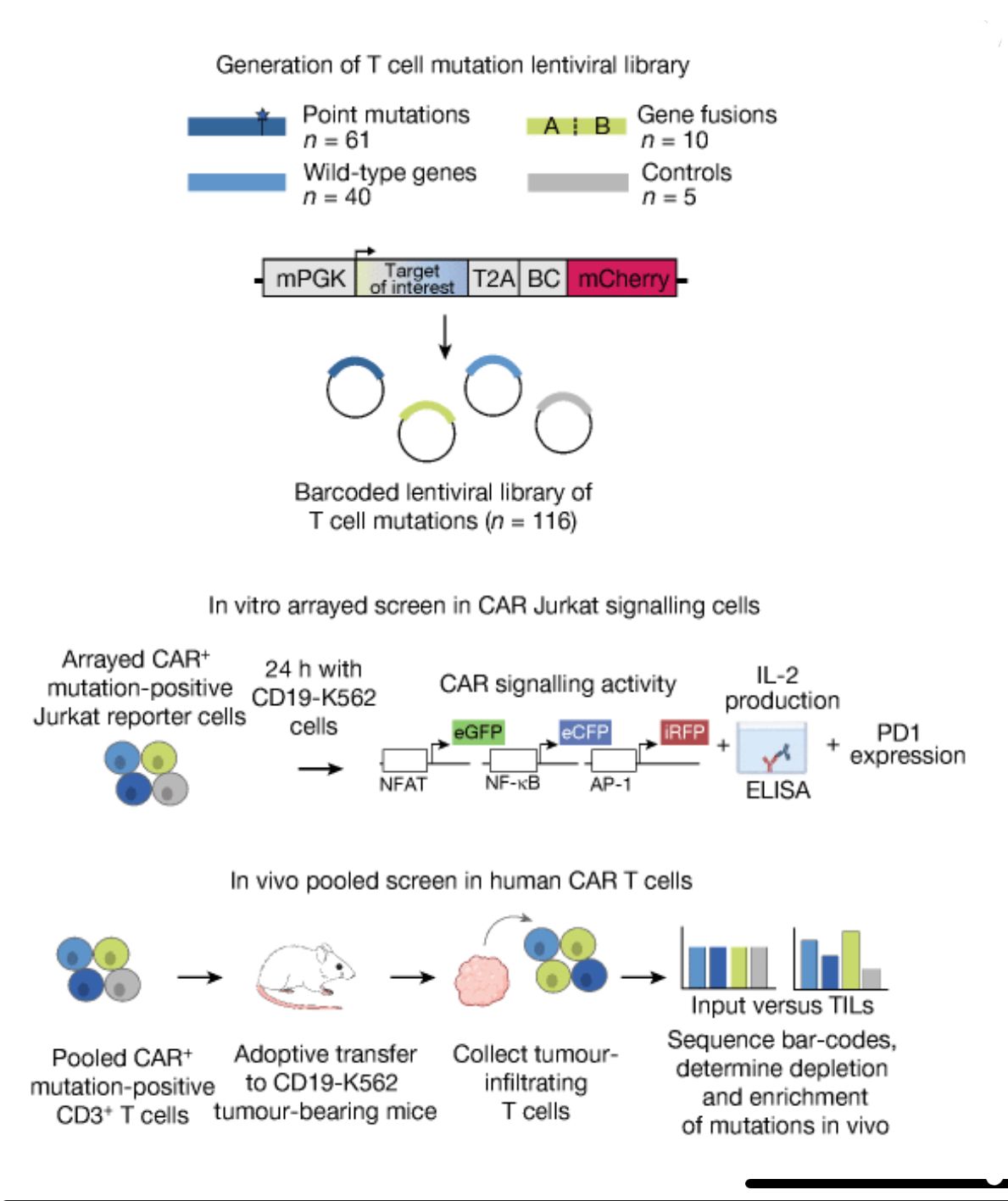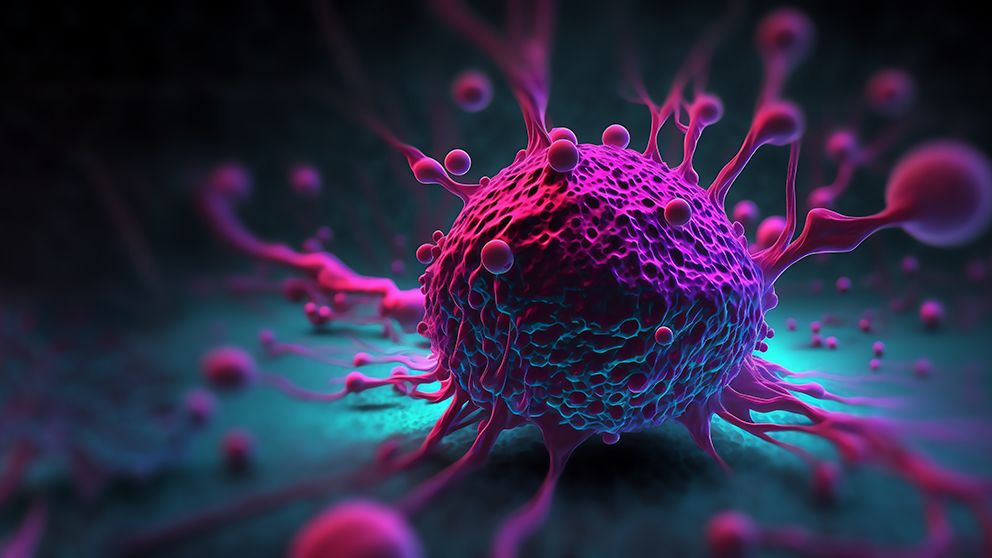How Science Turns Cancer's Tricks Against Itself

Turning the Tables
In a groundbreaking collaboration between the University of California, San Francisco (UCSF) and Northwestern Medicine, scientists have unleashed a revolutionary strategy leveraging cancer's own tactics against itself. They delved into the study of mutations in malignant T cells responsible for lymphoma, honing in on one that significantly boosted the potency of engineered T cells. By integrating a gene containing this unique mutation into regular human T cells, the result was a remarkable increase of over 100 times in their effectiveness at eliminating cancer cells, showing no toxic side effects.
Published in Nature under the title "Naturally occurring T cell mutations enhance engineered T-cell therapies," the study explores the potential of exploiting naturally occurring mutations to push the boundaries of T-cell biology, offering insights into how solutions derived from the evolution of malignant T cells can enhance a wide spectrum of T-cell therapies.
A key player identified; CARD11–PIK3R3
In the pursuit of improving adoptive T-cell therapies, which have demonstrated exceptional responses in some cancer patients, challenges arise due to inadequate T-cell persistence and function. Recognizing that the evolution of human T-cell cancers favors mutations enhancing T-cell fitness, researchers systematically screened 71 mutations from T-cell neoplasms. Among these, they identified a gene fusion, CARD11–PIK3R3, from a CD4+ cutaneous T-cell lymphoma, augmenting signaling and anti-tumor efficacy in therapeutic T cells across various immunotherapy-resistant models.

Breaking new ground
The team's innovative findings, facilitating T cells to target tumors from skin, lung, and stomach in mice, mark a significant departure from current immunotherapies limited to blood and bone marrow cancers. In preclinical studies, these cells demonstrated an unprecedented ability to tackle tumors derived from the skin, lung, and stomach, offering a glimmer of hope for previously deemed incurable cancers. The researchers are already progressing towards human trials, optimistic about the transformative potential of their approach.
With human trials on the horizon, this journey has just begun. The researchers envision their research as a tribute to nature's resilience, a testament to the boundless potential of human ingenuity in the fight against cancer.
Reference: Naturally occurring T cell mutations enhance engineered T cell therapies. Nature 2024. https://doi.org/10.1038/s41586-024-07018-7.


